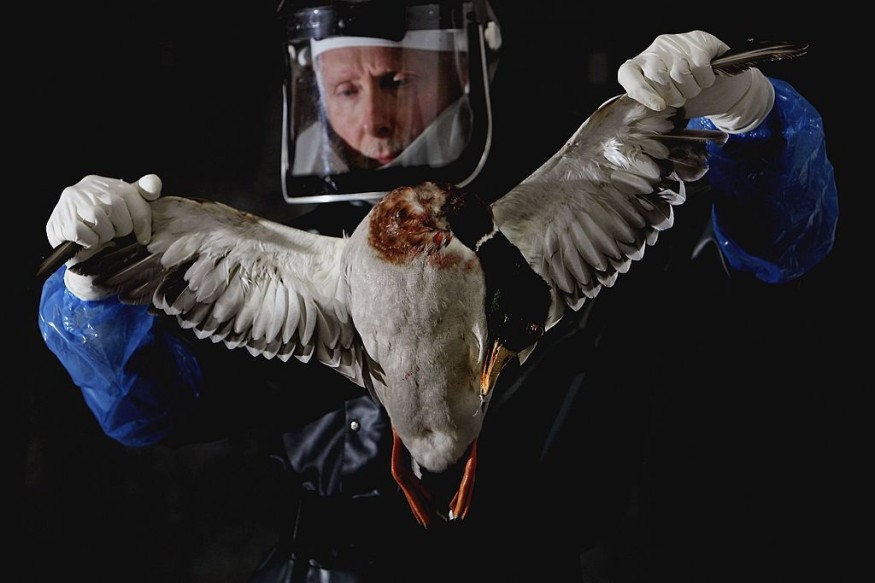In a national government lockdown to restrict the spread of a virulent form of avian flu throughout Great Britain, millions of free-range hens and other birds would have to be held indoors from 14 December.
Chief vets had decided to a new legal provision for all birdkeepers to carry their flocks indoors to keep them apart from highly contagious wild birds, the Department for Climate, Food & Rural Affairs (Defra) said.
The strict modern lockout measures refer to major commercial poultry farms and smaller hen keepers in coops or garden pens. However, the government said the risk to humans is "shallow" and should "not affect the consumption of poultry products."
The stringent new lockdown steps apply to large commercial poultry farms and smaller hen keepers in coops or garden pens. Keepers are advised to brace for new interventions during the next 11 days, including implementing action to secure animal health, contacting their veterinarians, and, if possible, erecting extra housing or self-contained netting areas.

Free-range poultry products
For 16 weeks after the birds have been taken indoors, eggs will begin to be sold and branded as "free-range," although if the limits last beyond that, they must be downgraded to "barn produced" using labels on the packaging.
Similarly, for 12 weeks, poultry meat may be classified as free-range. A chicken must usually be at least 56 days old before slaughter, and have access to the outside room for at least half that time, to be defined as free-range in the UK.
Currently, premium free-range eggs constitute 56% of UK retail egg sales, the highest percentage of any European region, whereas only 2% of eggs come from the barn scheme.
Aimee Mahony, the National Farmers' Union's main poultry counsel, encouraged all farmers to comply with the new guidelines. As a consequence of a range of reported cases of avian influenza, she said adopting these current housing steps is a sensible next move in poultry's best defense.
"These new measures mean that every poultry keeper, whether you have one hen in the garden or a large poultry business, must house their birds indoors, and I would urge everyone with poultry to take these measures seriously," she said.
Where did this Avian Bird Flu start?
After experts saw the H5N8 bird flu outbreak on Saturday, all 10,500 turkeys at a farm in Northallerton, North Yorkshire, were slaughtered on Sunday. A 3km (2-mile) and 10km temporary control zone was placed to avoid the disease's spread.
Around 13,500 birds were culled earlier this month following evidence of an avian flu epidemic at a farm located in Helsby, near Frodsham in Cheshire.
The UK and European farmers have been on notice since outbreaks of avian flu virus influenza among domestic and wild birds in Western Russia and Kazakhstan, including South Korea. Wild birds migrate during the winter season from mainland Europe will transmit the disease to chickens and other captivity birds.
The three chief vets of Great Britain said they had taken swift measures to restrict the disease's spread. They are now preparing to enforce a legal provision for bird keepers to keep their birds sheltered or otherwise apart from wild birds.
A British Egg Industry Council spokesman said there had been no avian flu cases in free-range laying flocks to date. A more measure for those already taken to keep protecting flocks is the obligation to hold birds indoors from 14 December.
ALSO READ : Poultry Pathogens Sweep the Midwest
Check out more news and information on Bird Flu on Science Times.












